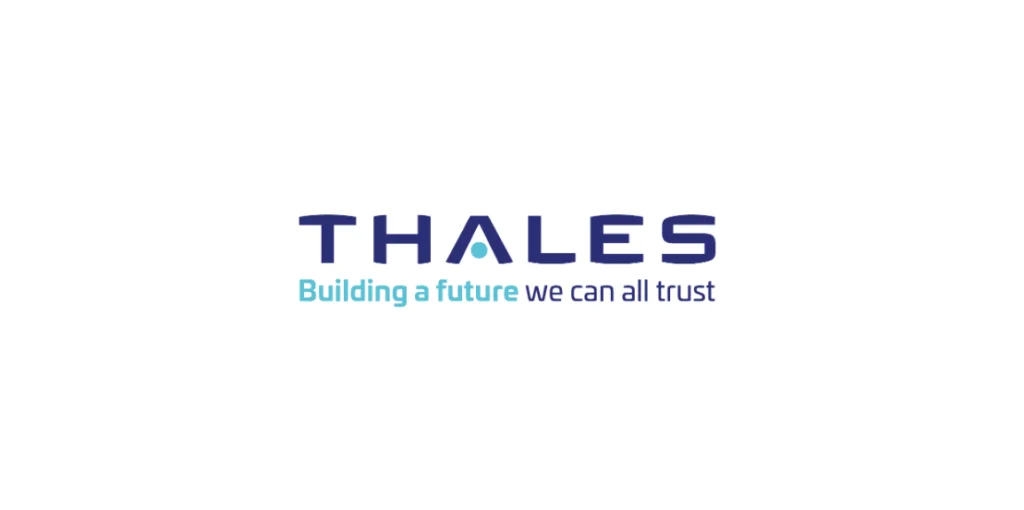
Dell Technologies reports that the company partnered with IonQ to test a hybrid classical-quantum platform, according to Dell’s blog post. The platform allows classical and quantum simulation workloads to be executed on-premises, while quantum workloads, such as modeling larger, more complex molecules for pharmacological development, can be executed remotely on IonQ QPUs, according to the post.
The team also reports the wait time for each quantum circuit execution is reduced significantly by IonQ’s reservation API.
Ken Durazzo, vice president, OCTO Research Office at Dell, writes: “Our testing with IonQ demonstrates the power of an end-to-end hybrid classical-quantum solution. We’re finding as quantum hardware, algorithms and hardware continue to evolve, the need for classical infrastructure will accelerate and scale accordingly. This is just the beginning of classical infrastructure with QPUs, creating endless possibilities.”
Durazzo added that the system uses the Dell EMC PowerEdge R740xd server paired with IonQ’s simulation engine and quantum processing unit (QPU).

The company listed key takeaways from working with the hybrid classical-quantum design:
- The Dell hybrid classical-quantum platform integrates seamlessly with IonQ quantum simulation and quantum processing units.
- With IonQ’s reservation API, each quantum circuit, executing from the Dell hybrid classical-quantum platform, does not need to wait for in job-queues and can be injected into IonQ’s remote QPU directly. This capability greatly improves performance to leverage real QPU hardware.
- Leveraging the capability through an on-premises infrastructure solution may provide incremental cost efficiency and data privacy.
“Coupling Dell Technologies’ strength in classical infrastructure with IonQ’s coherence time, gate fidelity and scale enables the QPU to solve more complex problems, allows for better error correction to reduce the time spent using the QPU to solve problems and allows IonQ to run their QPU at room temperature, enabling placement in established data centers without exotic cooling,” Durazzo writes. “These specific IonQ benefits, in turn, enable customers to evaluate what approach works best for them to start on their quantum journey.”.
For more market insights, check out our latest quantum computing news here.














